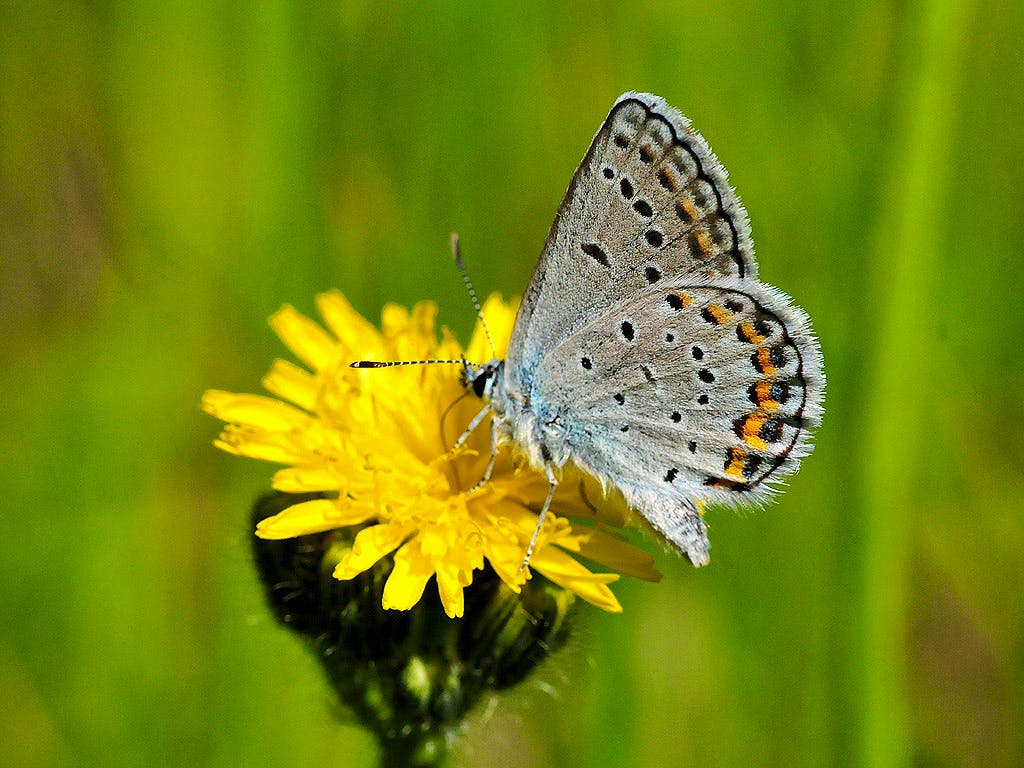WASHINGTON – Today the Conservation Coalition, a group of conservation and sustainable agriculture organizations, released recommendations for the 2018 Farm Bill that will ensure that authorized programs support the long-term conservation of wildlife, lands and waters across the country.
Mark Salvo, vice president of landscape conservation for Defenders of Wildlife, said:
“Private lands are key to wildlife conservation. Our recommendations build on lessons learned and advances made in the last Farm Bill, ensuring that wildlife, landowners and taxpayers all benefit from conservation programs.
“A thoughtfully crafted Farm Bill can provide for both sustainable agriculture and healthy habitat for migratory birds, pollinators like monarch butterflies and the incredible diversity of fish, mussels, salamanders and other species that depend on waterways across the nation. We look forward to working with the Conservation Coalition, stakeholders and decisionmakers to incorporate these recommendations into Farm Bill legislation.
For over 75 years, Defenders of Wildlife has remained dedicated to protecting all native animals and plants in their natural communities. With a nationwide network of nearly 2.1 million members and supporters, Defenders of Wildlife is a leading advocate for innovative solutions to safeguard our wildlife for generations to come. To learn more, please visit https://defenders.org/newsroom or follow us on X @Defenders.
News

Study Led by Defenders of Wildlife Scientist Shows Noise Pollution Impacts on Migratory Birds

